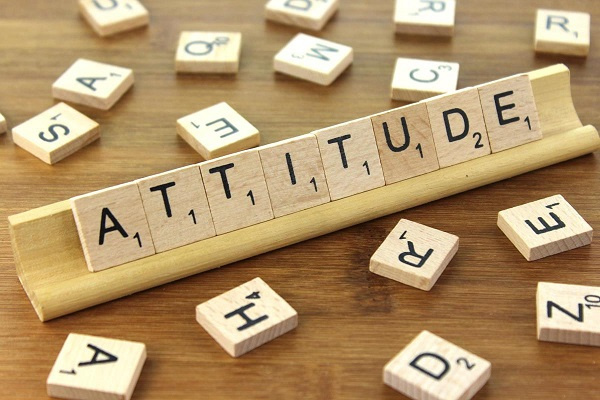- “Where there is no shame, there is no honour.” – African proverb
Honour is a deeply engrained cultural value in every society. It is deemed as living life in a fair, unbiased, dedicated and unshakable duty to do the right thing in every situation. It is a commitment to uplift humanity, such that we are to live in a way that is sustainable in the face of diverse situations. That is why it is easily recognised in potentially immoral situations. Aristotle, the renowned Greek philosopher argued that individually and collectively, we seek honour to confirm the favourable opinions we have formed of ourselves.
Given that honour is such an important cultural core value, it is not surprising that we squabble for it. Afterall, it comes along with privileges that pave ways and open doors for us. This power and prestige of honour is one of the reasons we all seek to be recognised for our actions and inactions. It is embedded in our desires, and no one is immune from this. This drive means many of us engage in activities, not just for our personal benefit, but to garner attention from others. We believe as we do good, then others would give us recognition.
Religion takes honour a notch higher when it associates it with humbling oneself to serve the bigger community. It demands that instead of revelling in the privileges of honour, we should allow it to empower us to make many more sacrifices which dignify others, so that we will always remain vital in the lives of others. Anything less than that is pretence, and should not be considered honourable. In other words, if we do what we do because we are seeking affirmations from others, we will not do ourselves any good. Afterall, opinions are often emotional. Thus, seeking the approval of others for actions and inactions, would lead to many becoming people-pleasers. Such an attitude is not noble.
Honour is in the pleasure of undertaking an action to uplift our humanity, at the expense of making a gain for oneself. The kick is in the sacrifice, the knowledge that others have been dignified by your action or your unwillingness to participate in an unethical situation. It has more to do with “knowing how to enjoy and abstain from things that most people find it hard to abstain from and all too easy to enjoy”. It satisfices the adage: “One must be something in order to do something”.
It takes compassion, strength, perseverance and self-control for others to see you for who you are. It is a state of life where others cannot call you a superficial, shameless or opportunistic. An honourable person appreciates life, embraces all the tests life throws at him or her, is unswayed by flattery, and can handled affluence and success without arrogance.
Being honourable entails having a sense of when to push and when to back off. As Paul the apostle once said: “All things are permissible, but not all things are beneficial”. The ability to discern necessities from frivolous aspirations is needed for one to be honourable. It is no secret that without discernment, one can easily be overpowered by animated rhetoric, which then prevents one from seeking new outlet for solutions or creativity. Discernment enables a light-heartedness that seeks to listen to anyone who can contribute to the public good. It allows one to be, especially, indifferent to superficial tributes.
Many individuals have missed out on greatness because they chose to hear what they wanted to hear instead of the reality. Many have fallen prey to fads because they equated populism with needs. Innately, they had no compass. They were like branches instead of trees. They had no anchor or principles to live by. They were not sober or steady. Often, they had believed that they could get away without a value system. That attitude is synonymous to tying a rope around a huge stone, and hoping that the waves cannot shift the stone. We need to understand that lead is heavier than stone. One needs a value system to live honourably.
Every time we live in a manner that prevents others from living well, we are being dishonourable. Likewise, when we live by power and might, we are far from it. Honour is found in pledging oneself to live in the service of others with one’s abilities, talents, resources and heart. It is a willingness to seek truth, goodness and the beauty of all things, all the time, irrespective of the harm. If we could imitate this, all of life would be wonderful, and living would be delightful for all…
______________________________________________________________
Kodwo Brumpon is an author, a life coach and a philanthropist who inspires individuals, groups and organisations to think and feel that which is true by helping them to positively respond to that which is beautiful, while nudging them to let goodness govern their actions.
Comments, suggestions and requests should be sent to him at [email protected]










